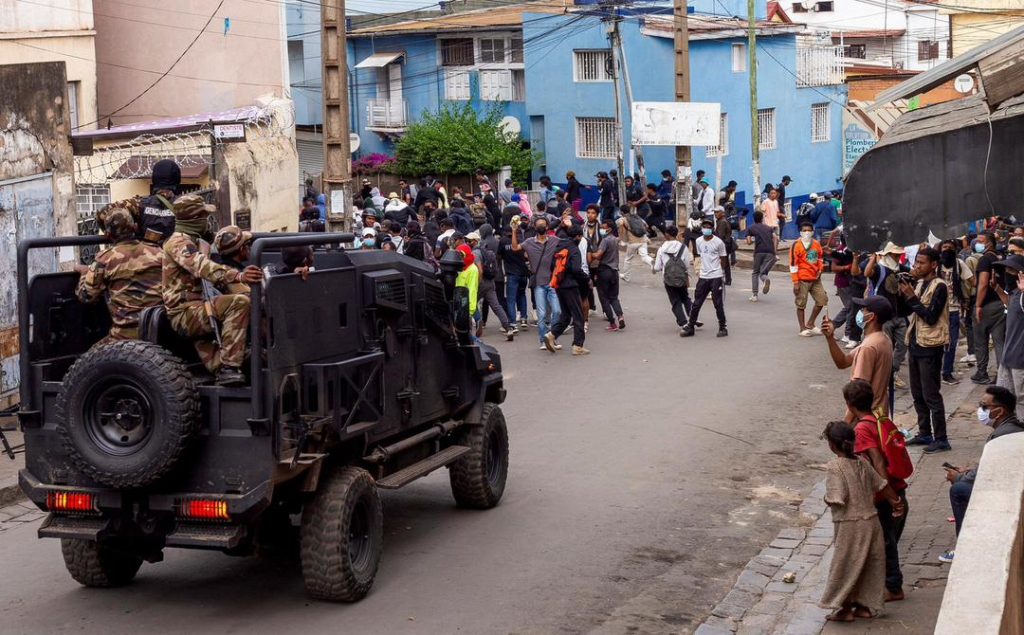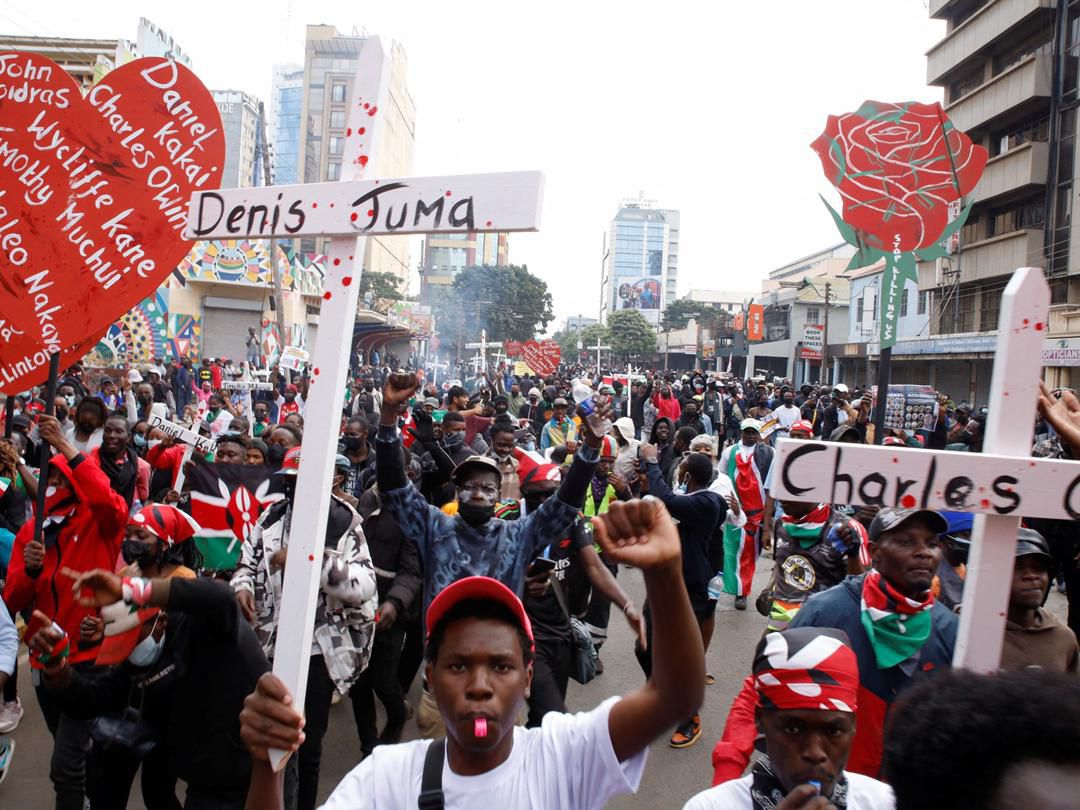In 2025, young people around the world have taken to the streets, signalling a new era of political activism. Those born roughly between the late 1990s and early 2010s, often called Generation Z, are no longer passive observers. They are organising, mobilising, and demanding change.
In Morocco, the youth collective GenZ 212 led protests in cities across the country, demanding better health and education services while criticising government spending on stadiums and other large projects. Authorities reported 263 members of the security forces and 23 civilians injured in the unrest, with over 400 arrests.
The unemployment rate among Moroccan youth stands at 35.8%.

In Madagascar, protests started over repeated electricity and water cut‑offs escalated into broad political reform demands. The government dissolved in response after at least 22 people were killed and more than 100 injured, according to UN officials.
In Kenya, young people mobilised against police brutality, high living costs, and economic exclusion. These protests are part of a global pattern of youth-driven movements demanding systemic change.
These uprisings matter for several reasons. First, they are leaderless but highly networked. Many participants use social media, gaming chat platforms and online organising rather than traditional party politics. In Morocco, GenZ 212’s membership on the Discord platform surged from about 3,000 to over 130,000 within days.
Second, the grievances are deeply shared: high youth unemployment, poor public services, corruption, and rising cost of living dominate the list.
Third, the reach is clearly global — from Africa to Asia to South America, young people are connected by digital media and a sense of common frustration.
The movement of Generation Z may redefine how political change happens in the 21st century, not through hierarchical organisations, but through digital networks, peer mobilising and direct action. The question now is whether governments will respond with reform, repression, or both.




